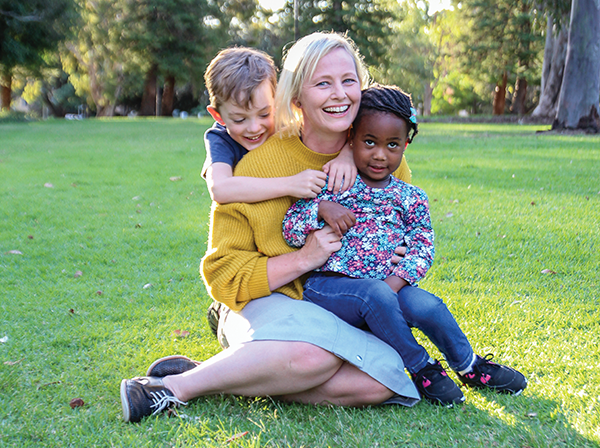Each year, 11% (15 million) of the world’s babies are delivered before 37 weeks’ gestation.
More than two million of these babies are very preterm (less than 32 weeks’ gestation) and are at increased risk of chronic lung disease.
Those surviving the neonatal period have significant respiratory complications throughout life with profound structural abnormalities and decreasing lung function. With multiple readmissions in first few years of life and problems that continue through to adulthood, there is an emerging epidemic of survivors of preterm birth in this country that places a significant burden on the respiratory healthcare system.
Working with both laboratory and clinical research teams within the Respiratory Medicine Department at PCH, as well as neonatal teams at King Edwards Memorial Hospital and UWA, and international collaborators, we are leading the studies that will inform lung health trajectories throughout life for survivors of preterm birth by bringing together clinical data from around the globe. Through these networks, we have performed the first comprehensive longitudinal study across childhood, showing that survivors of preterm birth have increasing airways obstruction throughout their life course. By tracking these individuals, we can begin to understand which preterm children are at increased risk of disease and elucidate which neonatal practices improve (or worsen) long term outcomes.
To tackle the significant respiratory complications of those born pre-term, we are also conducting studies to examine whether there are biomarkers in the breath or urine (e.g. metabolites, inflammatory markers) that can predict those at risk of worse lung disease, as well as analysing how the lining of the lung repairs itself after injury and examining the role of inflammation in this process. The idea that ongoing poor lung health in this population may be an active and ongoing process, rather than representing fixed lung disease is a paradigm shift for this field. We are also developing primary cell models to understand the mechanisms behind poor lung health in those born preterm and collaborating internationally to examine the role of genetics in this process. Together, these studies will help us design better diagnostics and interventions so that these children can breathe easier. For example, we are conducting a clinical trial of an inhaled medication commonly prescribed to asthmatics (fluticasone). This is the first clinical trial to try to reduce breathing problems and inflammation during childhood for those born preterm.

